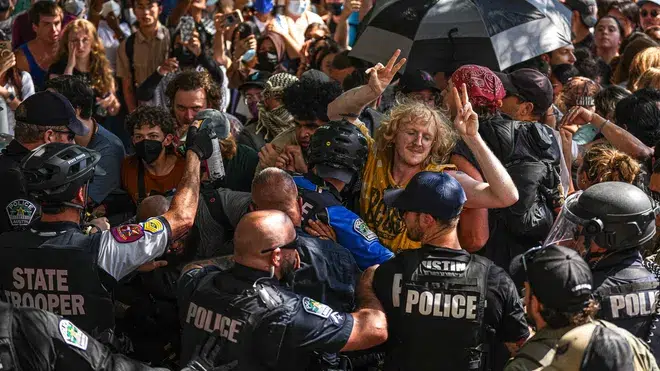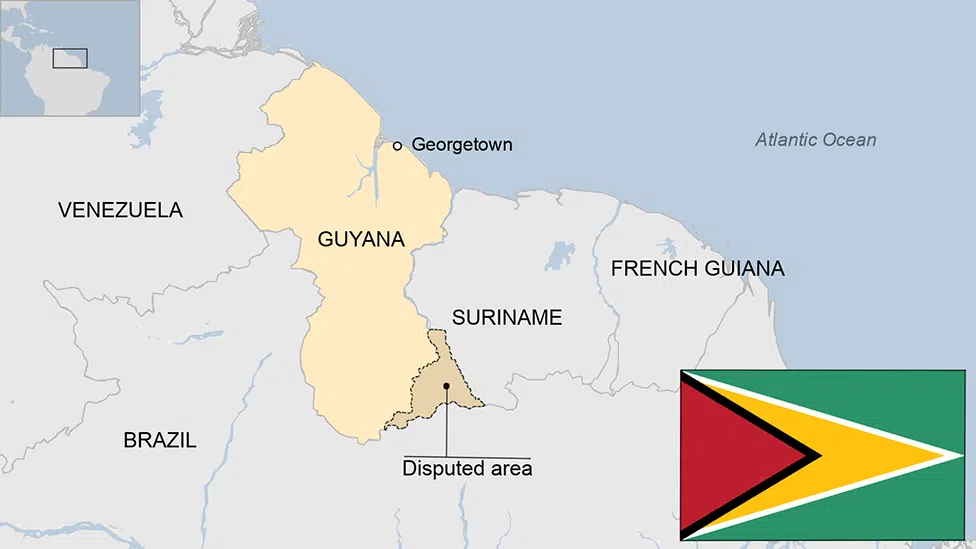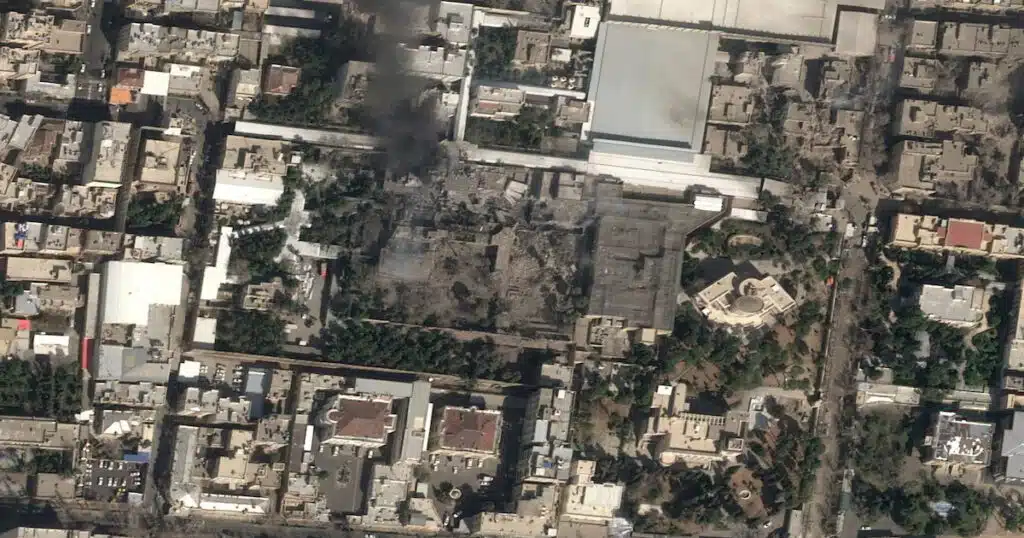
Mayors Can Combat Campus Unrest This School Year
As a Jewish parent whose daughter graduated from college in May, I witnessed firsthand the violent anti-Israel demonstrations and commencement cancellations that plagued campuses last academic year. While students are excited for their return this fall, I’m gripped by a sense of dread, fearing a repeat – or worse – of last year’s chaos.
From my experience as a former town supervisor of New Castle, New York, I believe mayors hold the key to keeping protests under control this upcoming school year, and they must step in.
At George Washington University in the nation’s capital, we saw protesters tear down police barricades and set up illegal encampments. Yet, the D.C. mayor’s office and Metropolitan Police Department rejected the university’s request to remove the encampments, disregarding clear laws against trespassing, out of fear of the potential negative optics.
This hesitation led to an escalation, with reports of “gathered improvised weapons” and 33 arrests – of which only six were identified as university students.
Even worse, at Columbia University in New York City, masked protesters praised Hamas, ejected Jewish students from the quad, and eventually stormed the Hamilton Hall building – even holding a university worker hostage.
While the NYPD initially arrested 300 protesters, all charges were ultimately dropped, sending a troubling message about accountability – or lack thereof.
These incidents lay bare a critical failing: The disconnect between mayors’ offices, police departments, and schools allows protests to spiral dangerously out of control. Delayed intervention, caused by this disconnect, invariably leads to escalation, forcing authorities into drastic measures that could have been avoided with swift, coordinated action.
To bridge this divide, mayors must take immediate, decisive steps.
First and foremost, they must establish direct, rapid communication channels between universities, police departments, and city halls. This collaboration is imperative for public safety.
Mayors must ensure police are prepared and authorized to intervene the moment protests cross the line into incitement, vandalism, or assault. Hesitation in the name of optics only invites further violence.
Students for Justice in Palestine (SJP) chapters remained active on college campuses over the summer, offering anti-Israel activist “summer schools” in anticipation of sustaining and growing protests in the coming academic year. As we know, these protests regularly cross the line from legitimate protests to venomous hate speech and outright threats. Yet, with a proactive approach, community law enforcement can be a resource instead of a last resort to prevent extremist acts.
Second, as campus unrest spills onto city streets, mayors must leverage their authority over local law enforcement and street demonstrations. Implementing strict permit and insurance requirements for protests is not about stifling free speech – it’s about ensuring public safety and proper resource allocation. This crucial step helps prevent unauthorized gatherings that lead to property damage and public disturbances while protecting the rights of lawful demonstrators.
And in a critical step, mayors must swiftly pass and rigorously enforce anti-mask laws. These laws, ruled constitutional and common before the COVID-19 pandemic, originated as a response to the violent, racist actions of the Ku Klux Klan. While relaxing these laws during the height of the pandemic was understandable, it is now imperative that we reinstate them.
The reasoning is simple: While everyone has the right to express their opinions, they must not be shielded from prosecution when those words inspire violent actions. From a moral standpoint, freedom of expression does not mean freedom from social consequences.
Several localities are already leading the way. Nassau County Executive Bruce Blakeman’s “Mask Transparency Act” prohibits face coverings in public, with needed medical and religious exemptions. Philadelphia has banned ski masks to prevent hate crimes, and New York City Mayor Eric Adams and Los Angeles Mayor Karen Bass are exploring similar measures. These efforts must be applauded and replicated nationwide.
As the new academic year gets underway, cooperation and coordination between local leadership and educational institutions are necessary, and mayors are vital to this effort.
With seamless coordination between entities, strictly enforced anti-mask laws for accountability, and community law enforcement well-trained and ready to mobilize, mayors and universities will guide students on the crucial – and long overdue – lesson about the difference between protected speech and prohibited rhetoric.
The time for decisive action is now. Mayors across the country must rise to confront this campus unrest head-on and pave the way for more constructive and harmonious academic environments at the educational institutions that call our communities home. By prioritizing the safety and well-being of all students, we can foster greater mutual respect and social solidarity on the college campuses in our cities and towns.
This article was originally published by RealClearPolitics and made available via RealClearWire.



